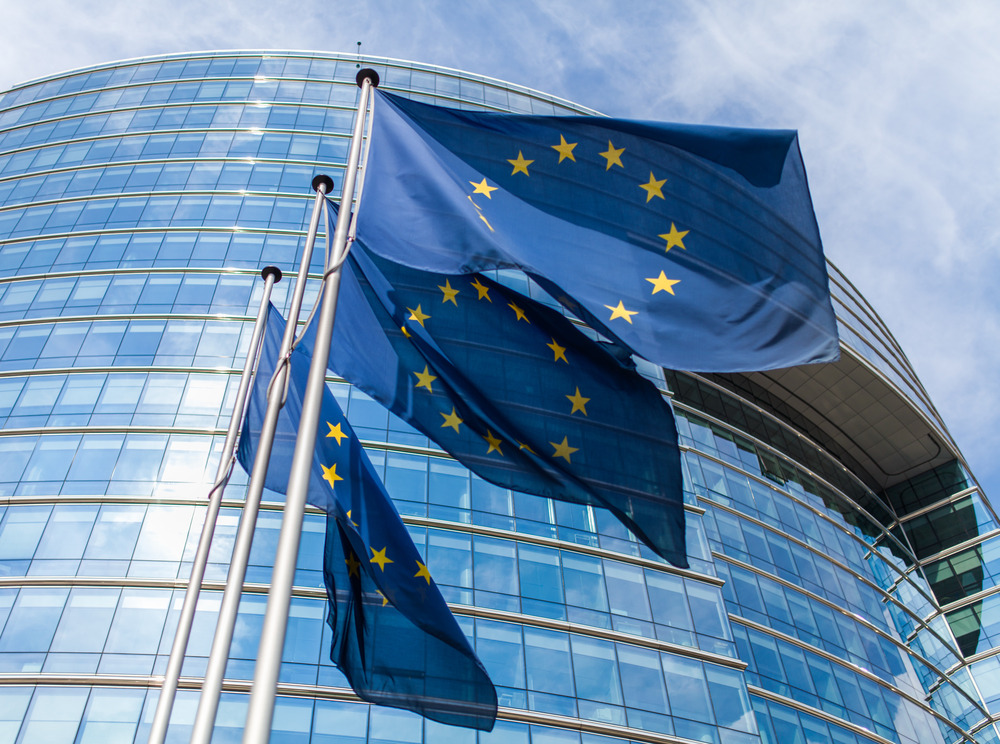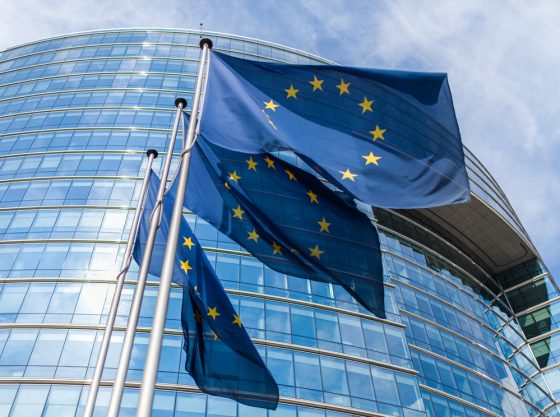EU leaders meet to discuss new measures to curb energy prices

 EU leaders are expected to agree new measures to curb gas prices and secure energy supplies this winter at their meeting in Brussels on Thursday and Friday.
EU leaders are expected to agree new measures to curb gas prices and secure energy supplies this winter at their meeting in Brussels on Thursday and Friday.
Proposals on the table include joint gas purchases, similar to the joint procurement of Covid-19 vaccines last year. This would allow to negotiate better prices and avoid that EU countries outbid each other with suppliers in the global market, which would penalise smaller EU states.
EU countries will also consider settinga new benchmark for gas prices, given the increasing number of transactions for liquid gas (LNG) and downturn in gas arriving in Europe via pipelines.
Meanwhile, a temporary ‘dynamic price limit’ would be established to function as a ‘circuit breaker’ in case of extreme price fluctuations for transactions on the Dutch Title Transfer Facility (TTF), whose index is used as a reference for gas contracts in Europe.
EU countries may also sign bilateral agreements to ensure that if a member state faces shortages, it will receive gas from others.
‘The next few winters will be tough, said European Commission vice president Frans Timmermans. ‘But by taking measures now and developing the tools to buy gas together instead of outbidding each other, we can again head into the next heating season with enough gas in storage.’
The central points of the proposed package were put forward by Germany and the Netherlands at an informal meeting of EU energy ministers last week. The European Commission then turned them into draft legislation to be discussed by EU leaders.
Deadlock
The hope is that proposals will break the deadlock which has seen EU countries at loggerheads over ways to control spiking energy prices in the past months.
Fifteen EU member states wanted to set an EU-wide cap on wholesale gas prices. The Netherlands is among the countries that have expressed reservations and Germany and the European Commission are against the idea.
The fear is that a price gap could encourage consumption and deplete stocks, causing problems for next winter. At the same time, it could put at risk transactions from alternative countries to Russia while Europe seeks to diversify its suppliers.
Prices
Energy prices started to increase last year as economic activities rebounding after the pandemic. Since February, the situation has been exacerbated by Russia’s invasion of Ukraine and the ensuing EU sanctions. Droughts and extreme heat in summer also had an impact, due to reduced electricity generation from hydroelectric power and nuclear.
This spring EU countries agreed new minimum gas storage obligations. The European Commission said this week that gas storage in the EU is currently at 92%, but preparation was needed ‘for possible further disruption’ and ‘for the following year’.
EU countries also agreed to accelerate investments in renewable energy, find alternative providers to Russia and cut gas consumption by 15% this winter.
In September the EU agreed another package of measures. These included a voluntary 10% reduction of gross electricity consumption and a mandatory 5% reduction during peak hours, when prices are the highest.
Windfall tax
EU countries have also agreed a windfall tax on excess profits made by companies in the oil, gas and coal sectors and set a temporary cap on the revenues of companies in the renewables, nuclear and lignite sector, which have made ‘exceptional’ earnings because their energy price is tied to the gas price, despite lower costs.
These taxes are expected to generate €140 billion across the EU, to be redistributed to households and businesses especially hit by the energy crisis.
Speaking on Tuesday at the European Parliament session in Strasbourg, Dutch Labour MEP Mohammed Chahim said many people are ‘struggling to keep their head above the water’ and ‘are dependent on the state to survive’.
‘We hope that on Friday heads of state and government will reach an agreement to bring the energy markets back under control,’ he added.
The article is published in cooperation with Europe Street News, a news outlet about citizens’ rights in the EU and the UK.
Thank you for donating to DutchNews.nl.
We could not provide the Dutch News service, and keep it free of charge, without the generous support of our readers. Your donations allow us to report on issues you tell us matter, and provide you with a summary of the most important Dutch news each day.
Make a donation